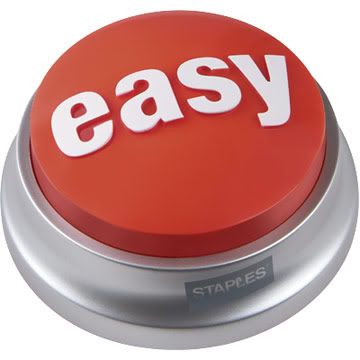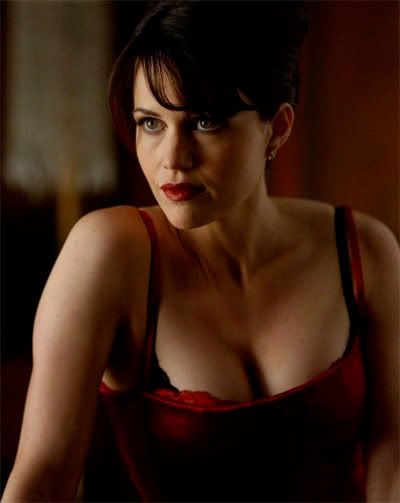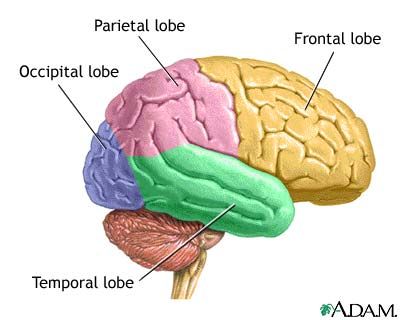Still on the hunt for a dayjob, still struggling day to day, and still encountering more failures than successes. In light of that, here’s a post from 5 years ago about dealing with failure.
Human beings, being mortal creatures, are bound to mess things up sooner or later. This is true in every endeavor an individual undertakes. And sometimes, it falls to others to inform us that we’re incorrect in the manner with which we’ve been proceeding.
In other words, sooner or later, you’re going to be told you’re doing it wrong.

Marital disagreements, family drama, storytelling, cheeseburger construction, you name it. It’s going to go pear shaped on you. It could be because of outside influence or because of your direct actions, but the bottom line is the end result is going to be a mess. In writing terms, maybe your protagonist is more annoying than you think. In family terms, you could have maybe timed or worded something a bit differently. Regardless of how you arrived at this point of failure, the question is not so much how you failed but how you recover from it.
First, of course, you need to realize you’ve failed. Sometimes this is obvious in the moment of value – those “oh shit” moments when your sphincter tightens as you brace for the physical or emotional impact that comes on as a result of the events that’ve been botched. Other times, you could be cruising along happy and content, and it’s pointed out to you that something isn’t working out the way you imagined. You might rail against the idea, but when you calm down and re-examine the situation, you’ll see what they’ve pointed out and agree with them.
But rather than dwelling on the failure itself, a more constructive goal is: how do you correct the failure?

Just like admitting you’re wrong, fixing the problem isn’t always easy. A workplace misstep can haunt you for quite a long time depending on the nature of the management. Some family members may be forgiving but others might have long memories that focus especially on slights. And finding a failing in a work may be as simple as excising a line or going back and doing a complete rewrite.
Funnily enough, this post is turning out to be something of a failure. It’s ambling a bit more than I expected and seems to be talking about things in a very broad sense rather than having the tight, narrow focus required for good writing. Hopefully upcoming posts will be a bit more cohesive.
In the meantime, here’s a parting bit of advice:
When I realize I’ve hit a wall of fail, at times I picture getting the bad news from Carla Gugino.

Somehow, that helps.






